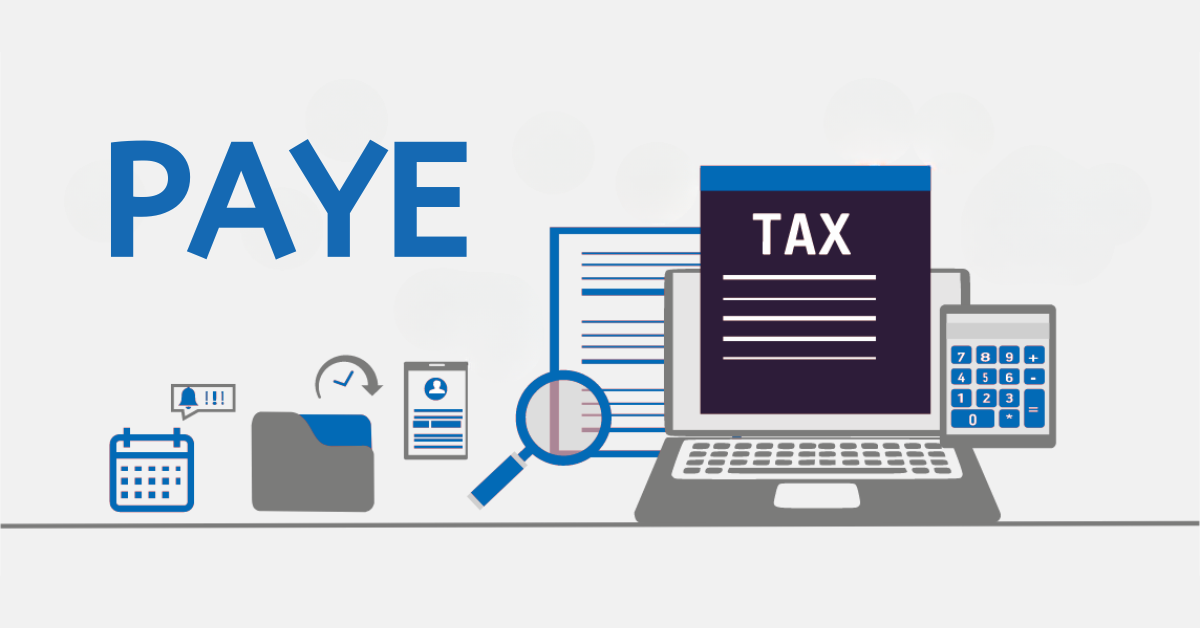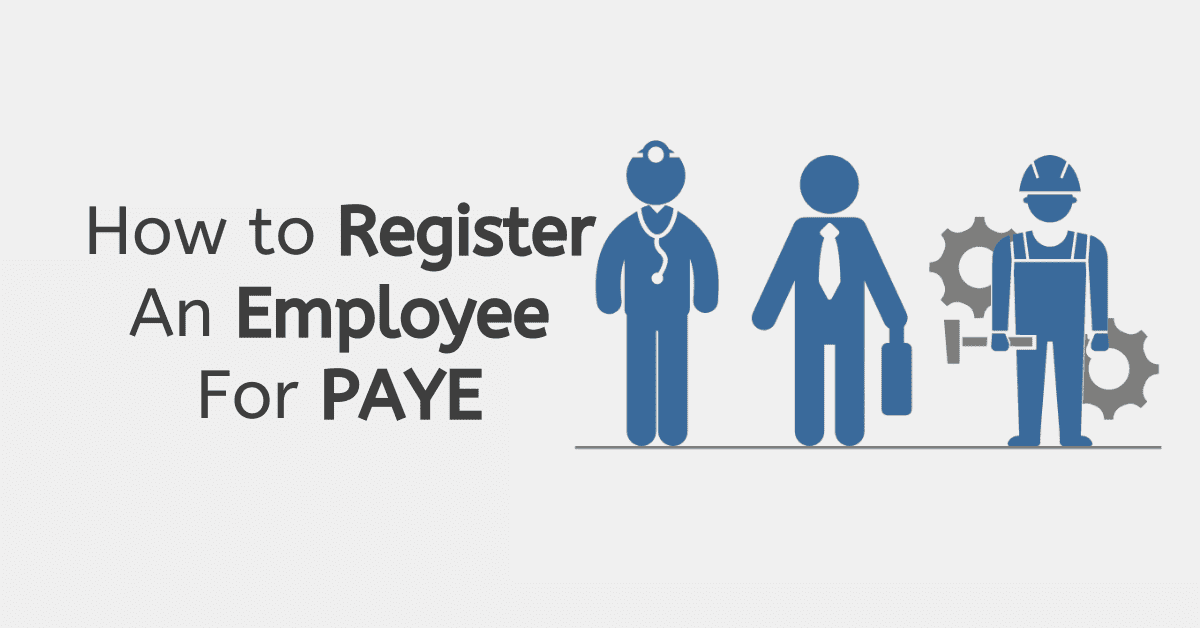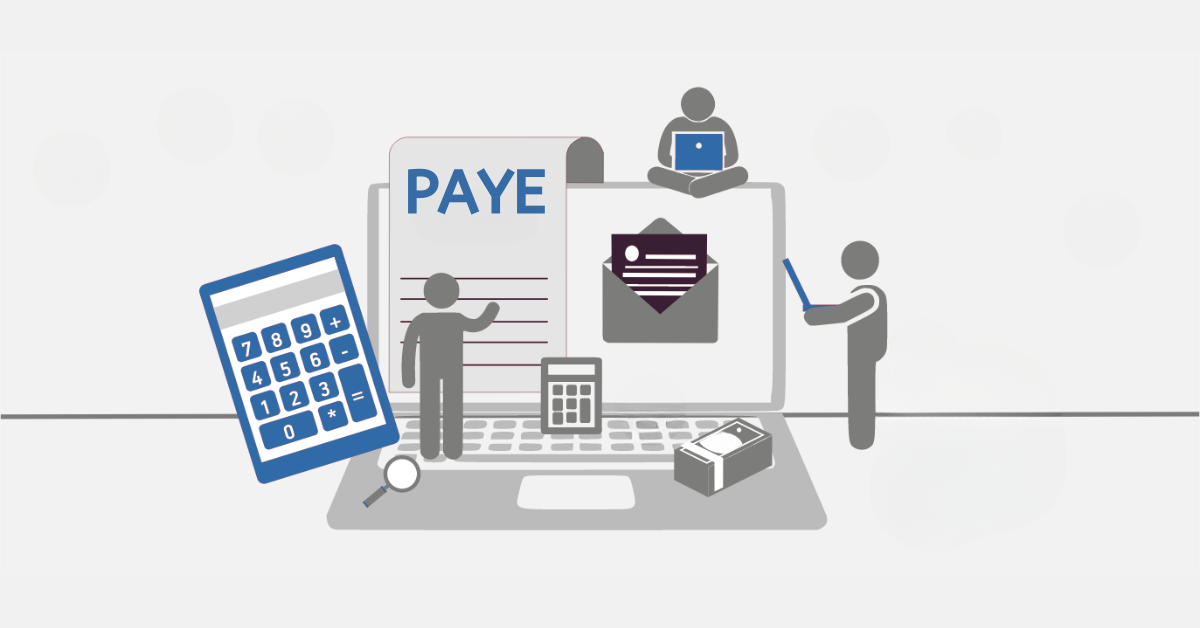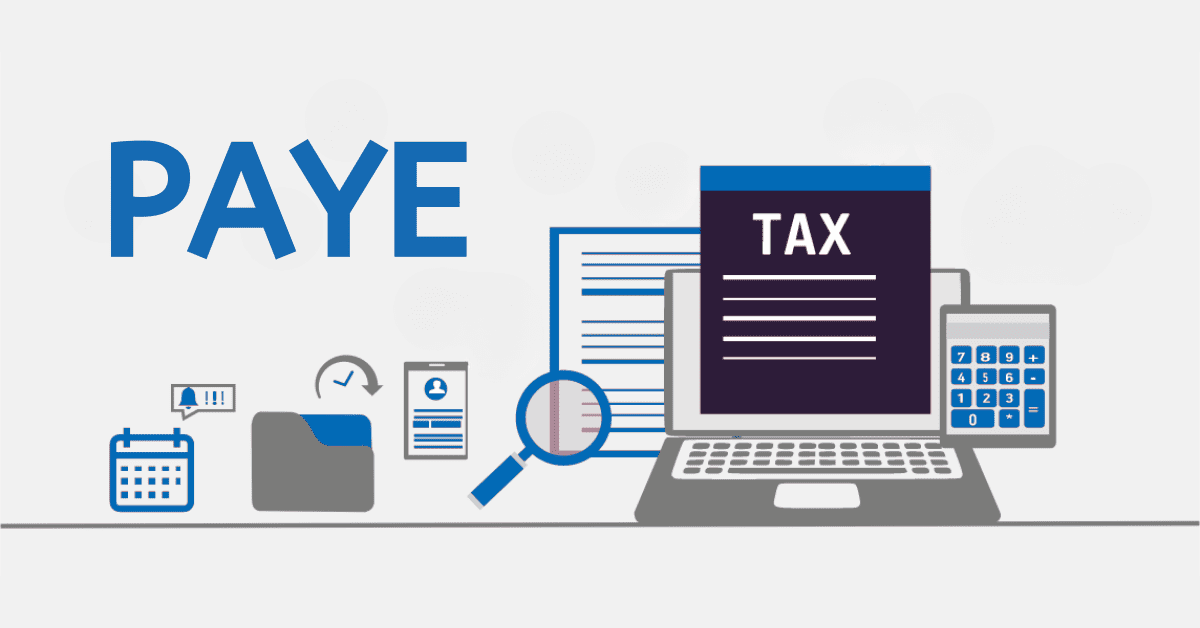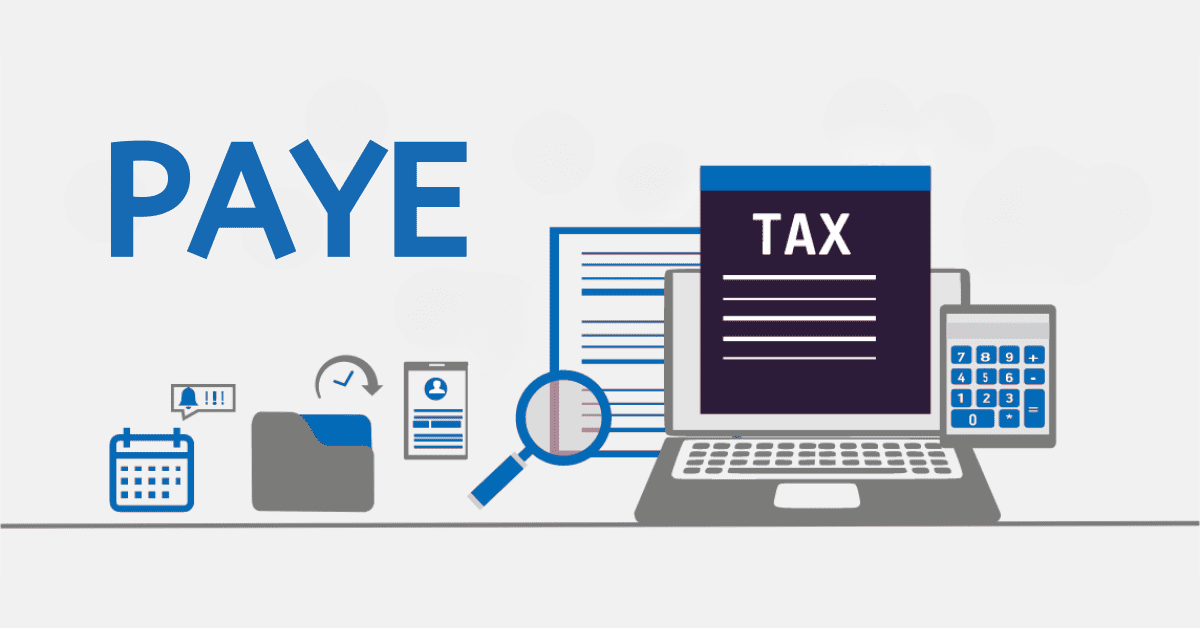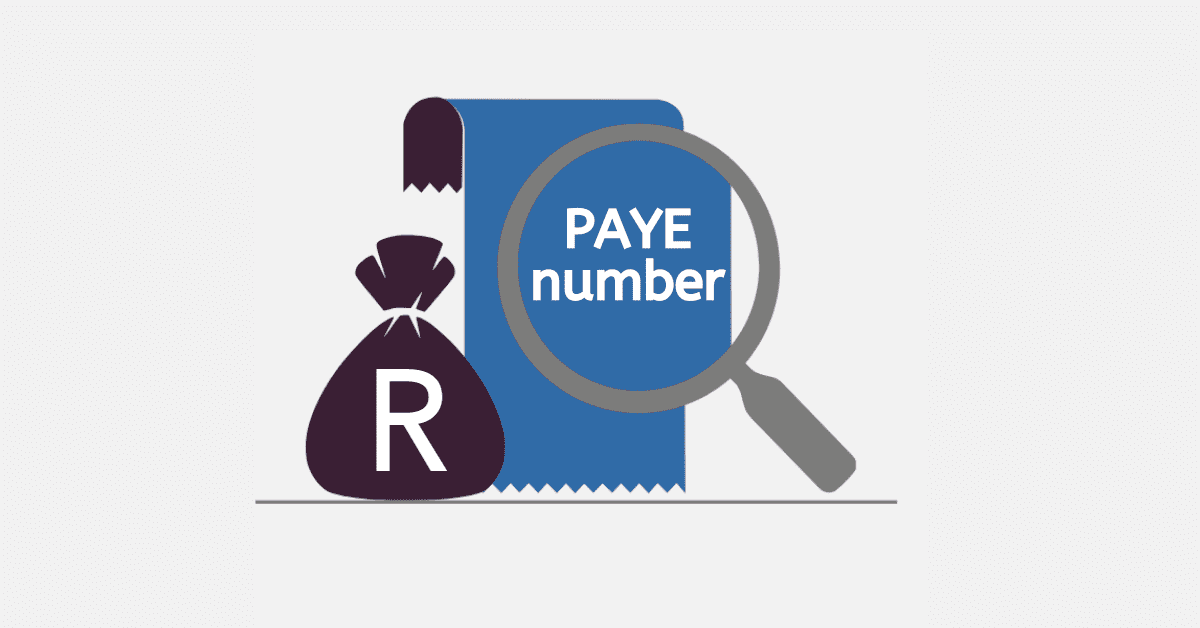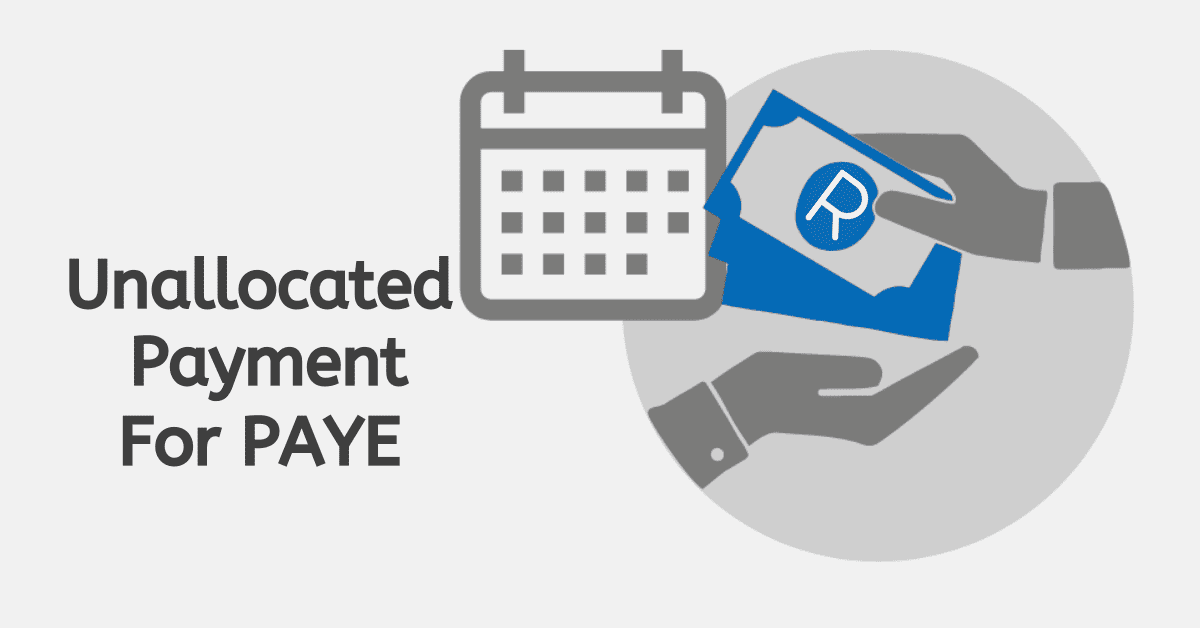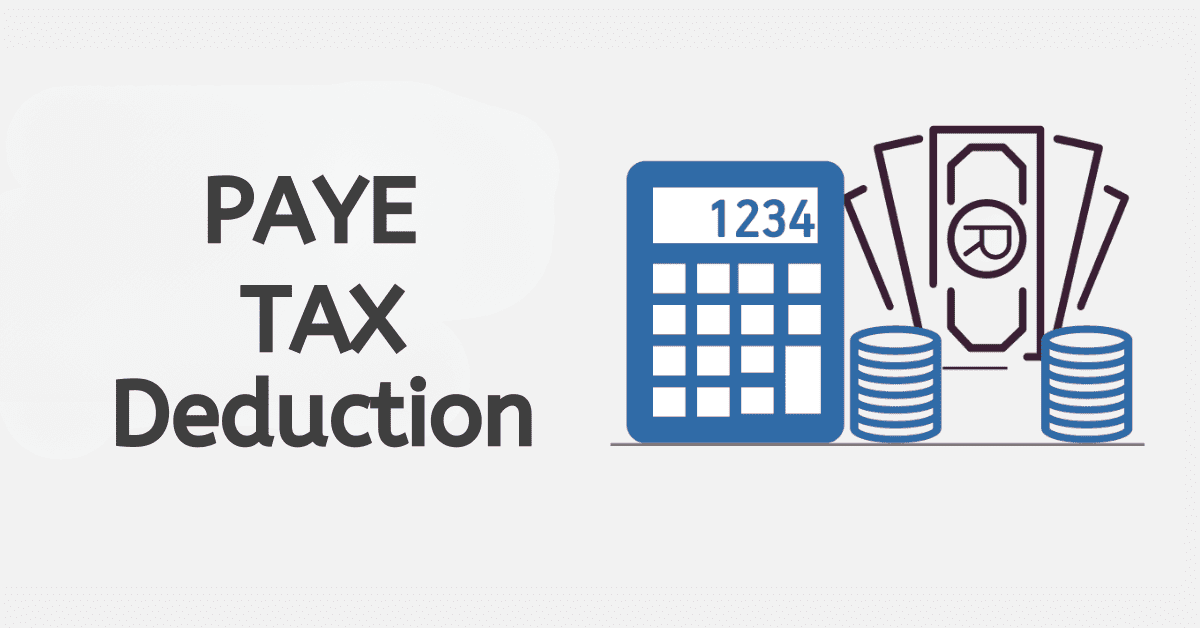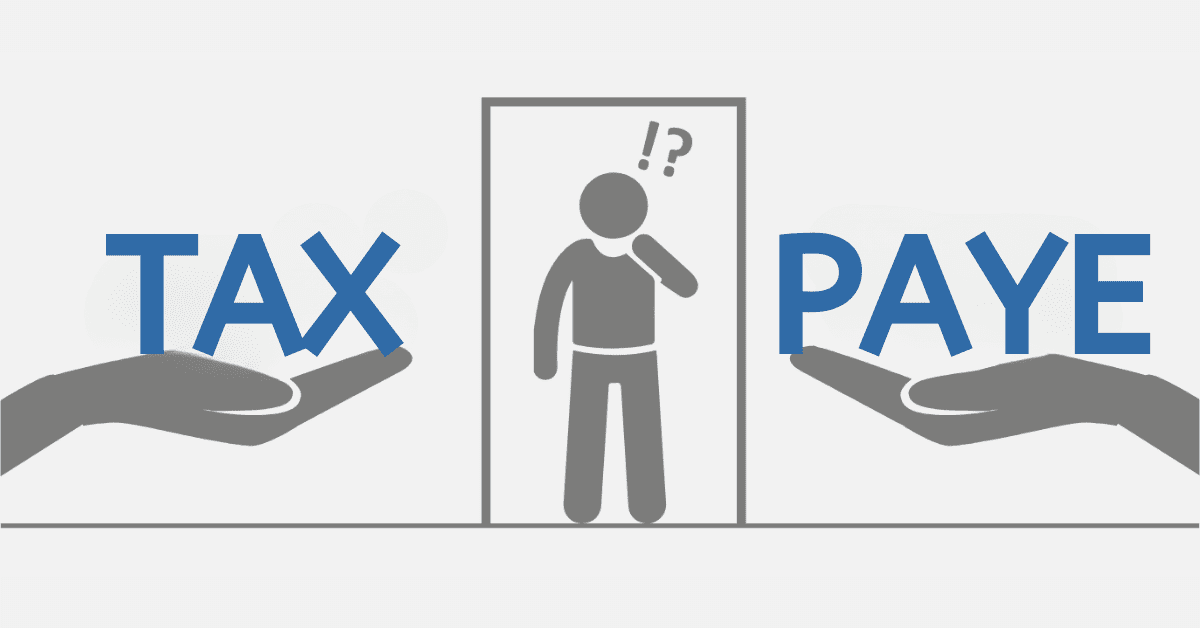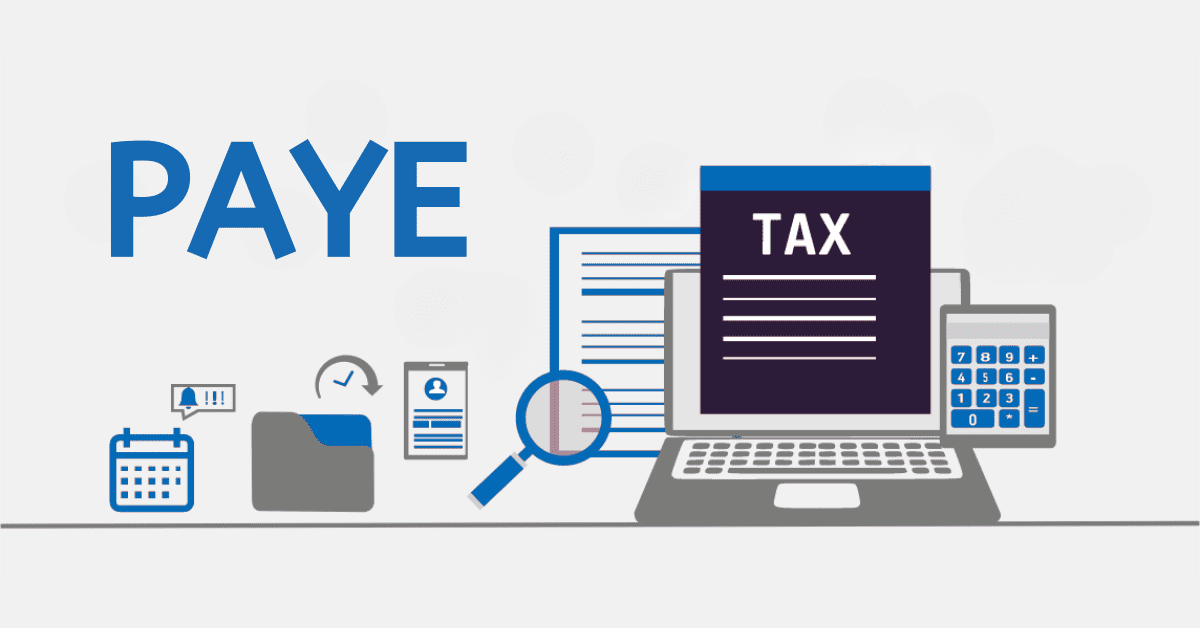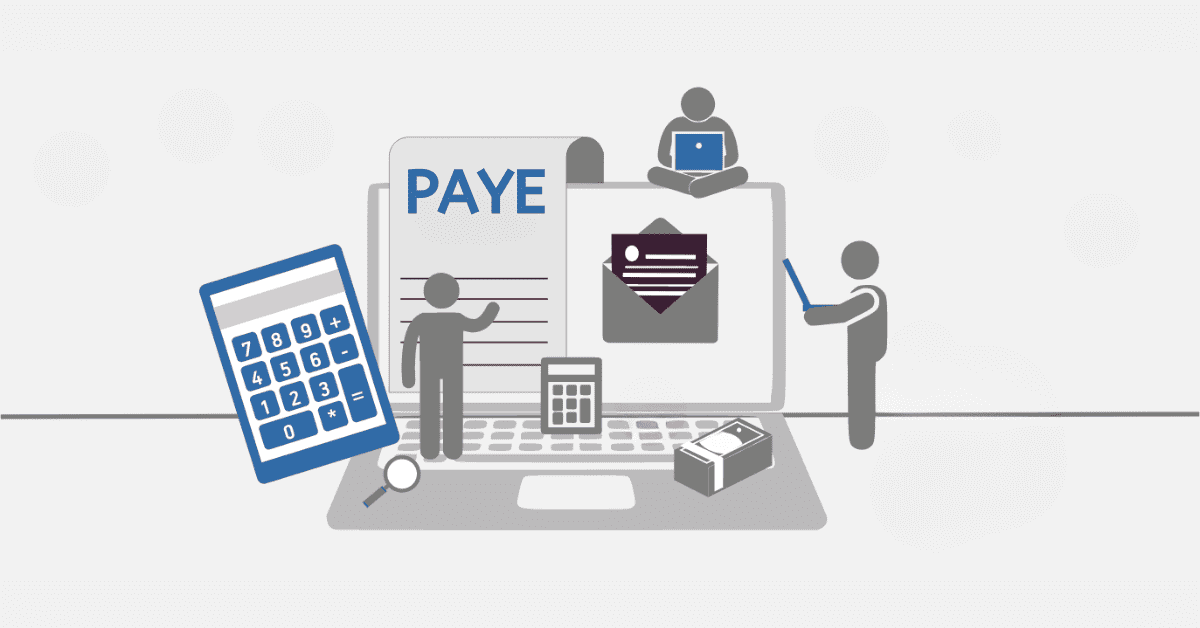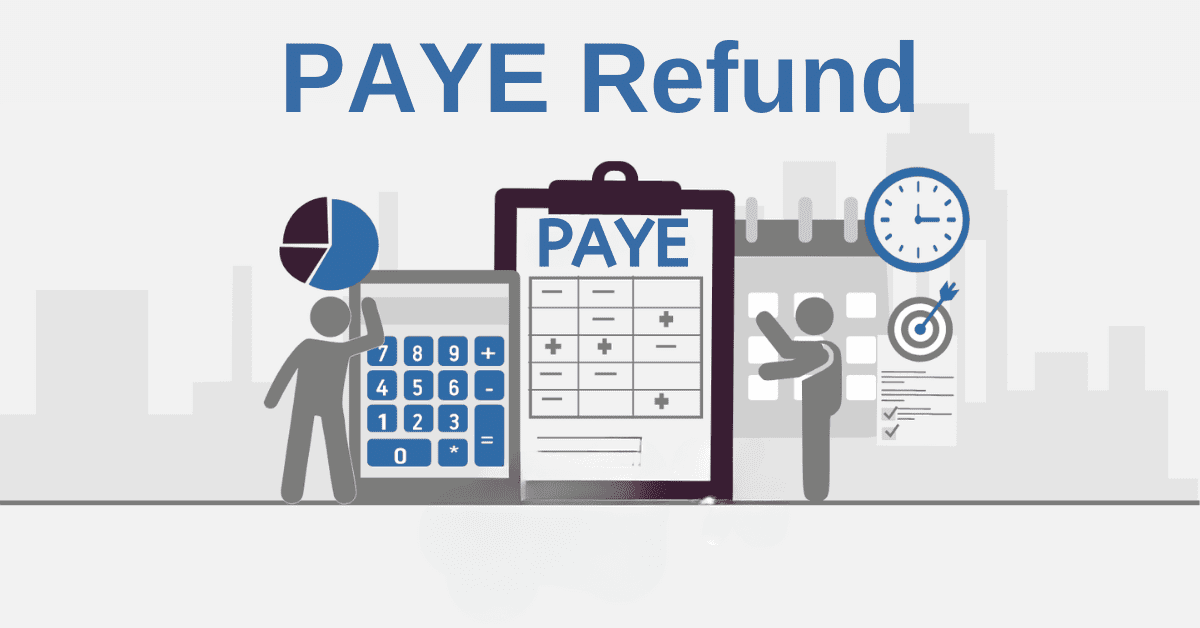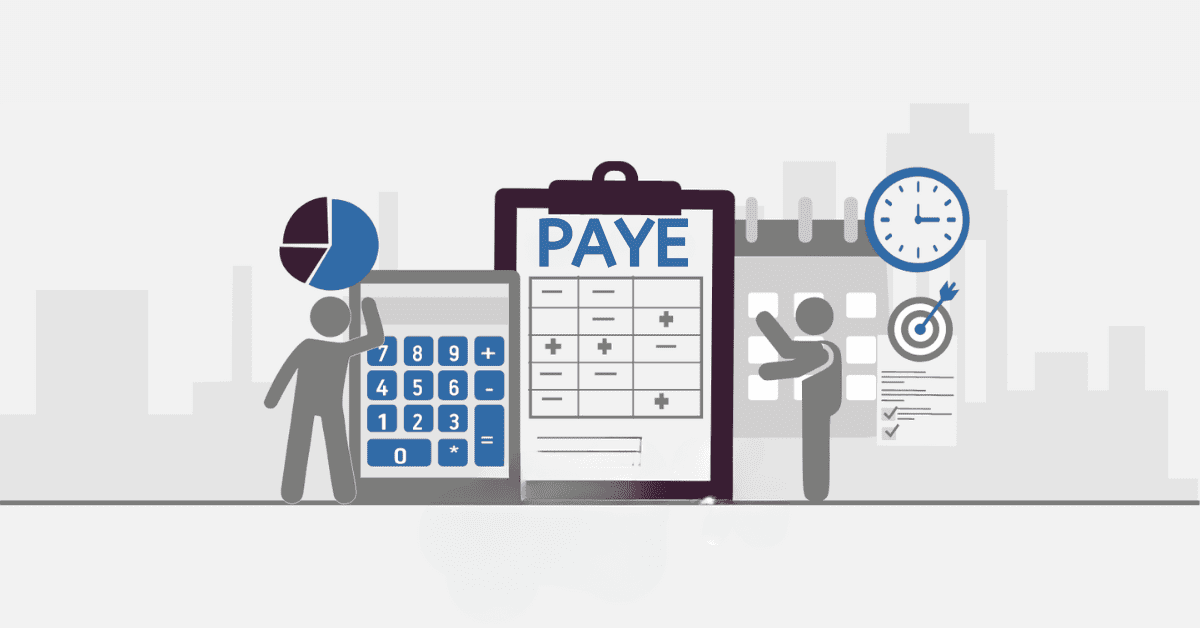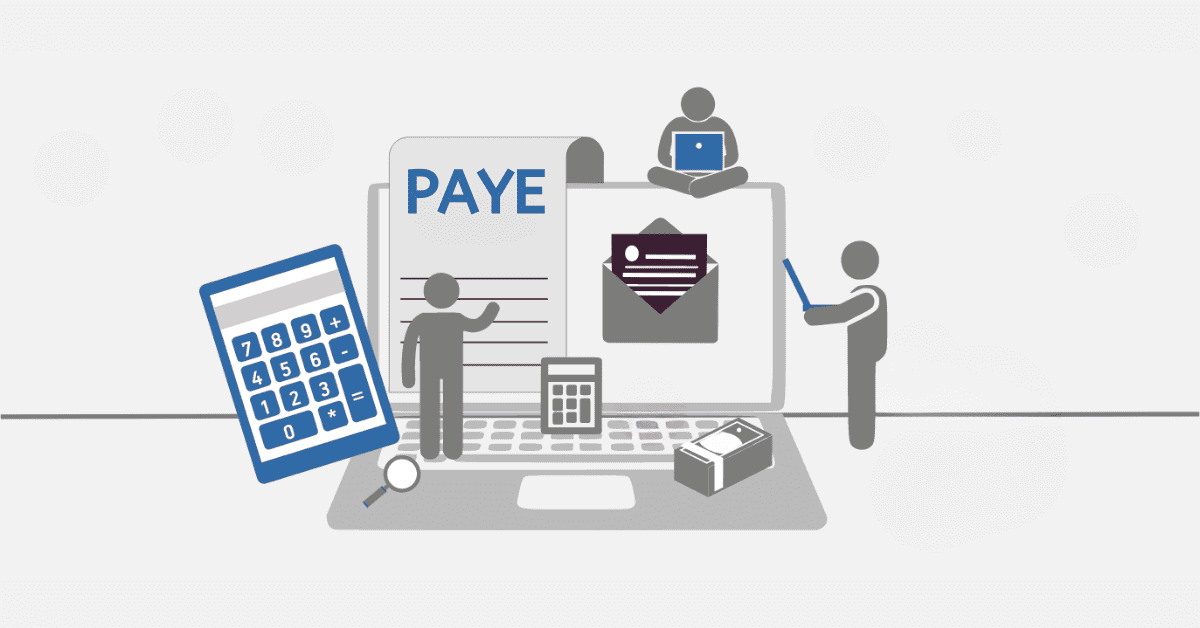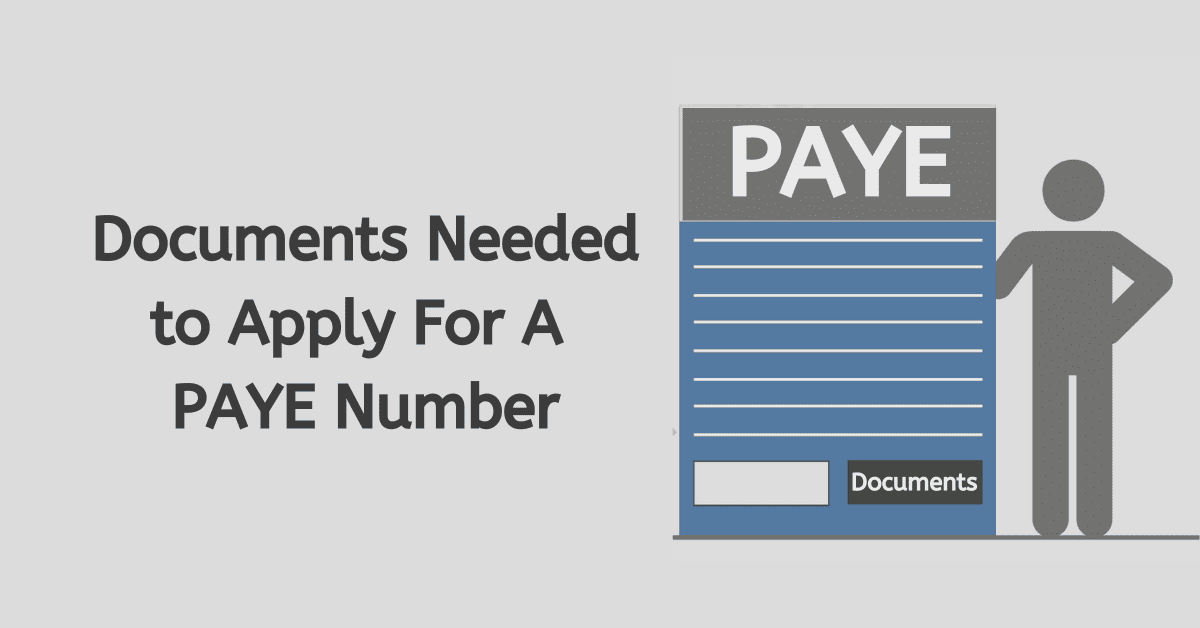It is always important to check if you are PAYE registered with SARS. You do not want to lose out on paying the South African government taxes. “What do I gain by paying my PAYE taxes to the government?” is a common question from ordinary citizens. Others may argue about the amenities, life and infrastructure you enjoy. At the same time, others may interpret tax to you as payment of due and enjoying future benefits.
In South Africa, employers are required to register for PAYE. In this tax system, employers are required to deduct income tax and other statutory deductions from employees’ salaries prior to issuing payments to them.
In order to register for PAYE, businesses need to acquire a tax reference number from the South African Revenue Service. To complete this process, you will need to provide certain documents that are necessary. These include proof of your address and the registration details of your company. After completing the registration process, employers are required to fulfil their monthly reporting and payment responsibilities.
However, in all these, how can one check if he or she is registered for PAYE? Let us find out as we try to give insight on how to check if you are registered for PAYE.
How to Check If You Are Registered For PAYE
If you want to confirm whether you are registered for PAYE in South Africa, you can follow this simple steps:
- Visit the official website of the South African Revenue Service.
- Proceed to the eFiling login page and proceed to log in.
- If you don’t have an account, you can register by following the instructions provided.
- After logging in, you can choose the “SARS Registered Details” option.
- Locate the section titled “Tax Types” and confirm if “PAYE” is included.
- If it is currently available, then you are officially registered for PAYE.
You can also get in touch with SARS directly by calling their helpline or visiting a SARS branch for assistance. Make sure you have your tax reference number and all the necessary personal details ready for identification purposes. It is important to regularly check your tax status in order to ensure that you are in compliance with South Africa’s tax regulations.
Is PAYE and UIF the same?
When discussing compensation and taxes, it is common for people to mention PAYE and UIF. However, it is necessary to note that these terms refer to distinct components within the South African wage system. When it comes to workers’ finances, both aspects hold significance but serve different purposes.
Employers deduct income tax from their employees’ pay or wages and then forward it to the South African Revenue Service on their behalf. This is known as PAYE. In order to prevent a large tax payment at the end of the fiscal year, it is important to ensure a steady flow of income for the country. PAYE payments are determined by an employee’s earnings, where the rates increase as the employee’s income rises.
On the other hand, the UIF is a social insurance programme designed to assist workers who are temporarily unable to work due to illness, accident, unemployment, redundancy and many more. Both employers and employees contribute funds to the UIF. The company deducts a specific percentage from the employee’s salary and also contributes additional funds to the fund on their behalf. The fund serves as a safety net, providing financial assistance to individuals during challenging periods and contributing to the stability of the economy.
In summary, PAYE aims to reduce individuals’ income taxes to maintain the stability of the country’s finances. On the other hand, UIF provides workers with a safety net to support them during times of need. Understanding the distinction between PAYE and UIF is crucial for employers and workers alike to ensure proper utilisation of the South African payroll system.
Where do I get my PAYE number?
There are a number of easy ways to get your PAYE number, each one suitable for a different situation. You can start the process by writing a question to the South African Revenue Service SARS. Make sure the information you give them matches what they already have on file. You can also use the eFiling platform, which is easy to use if you are already listed as an eFiler. To find your PAYE number, go to your eFiling account and look for the “SARS Registered Details” tab. For those who like to do things on the go, the MobiApp also makes it easy to get your Notice of Registration if you are a registered eFiler. This streamlined method makes sure that taxpayers have more than one way to get to their PAYE number. This makes managing tax documents easier and more flexible.
Who should register for PAYE?
If you earn a taxable income in South Africa, it is necessary for you to register for PAYE. This category encompasses all individuals who receive compensation in the form of income, wages, or any other type of payment. Every month, employers in South Africa submit PAYE to the South African Revenue Service, deducting it from their employees’ salaries. Moreover, individuals who receive income from sources such as rental properties, interest, or dividends that exceed the specified threshold are also required to enrol in PAYE. Employers and individuals with multiple sources of income need to ensure that they adhere to tax regulations and submit their tax returns to SARS accurately and punctually. One of the key legal requirements that contributes to the effective functioning of the South African tax system is the obligation to enrol in the PAYE system. This requirement plays a crucial role in promoting financial transparency and ensuring the collection of revenue.
